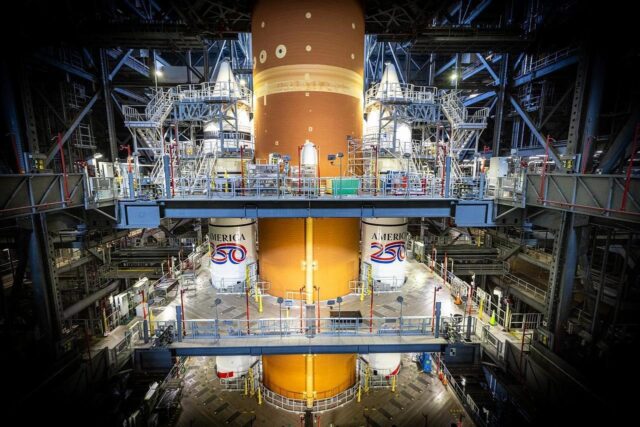UKSA funds consortium to remove derelict satellites from LEO
A consortium led by ClearSpace has been awarded a follow-up contract by the UK Space Agency (UKSA) to perform the preliminary design of a mission to remove two UK-registered derelict objects…
A consortium led by ClearSpace has been awarded a follow-up contract by the UK Space Agency (UKSA) to perform the preliminary design of a mission to remove two UK-registered derelict objects from low Earth orbit.
In October 2021, the UK Space Agency commissioned the ClearSpace UK-based subsidiary to perform a feasibility study for the mission, and in March 2022, ClearSpace and its partners successfully completed this first study phase.
ClearSpace has now been awarded a £2.2 million contract by the UKSA to conduct the next, design phase, which will last until October 2023 and will finish with the preliminary design review — an evaluation of the progress on the design and the technical adequacy of the proposed mission.
CLEAR mission
The Clearing of the LEO Environment with Active Removal (CLEAR) mission, which will advance key technology building blocks, is a catalyst for the development of commercially viable disposal services.
Rory Holmes, ClearSpace UK managing director, said: “ClearSpace is honoured to work with the UK Space Agency to improve the safety and sustainability of our orbital neighbourhoods.
“We are excited to work with cutting-edge UK-based space companies – Alden Legal, AstroAgency, Critical Software, Deimos, MDA, Orbit Fab, Satellite Applications Catapult, University of Surrey’s STAR LAB – to make space debris removal a reality.
“The continuation of the CLEAR mission allows us to continue to develop state-of-the-art space technologies, such as complex robotics and AI-based algorithms, within the UK.”
Derelict UK objects
The two derelict UK objects which have been inactive for more than 10 years are predicted to stay in orbit for a century before they naturally re-enter the atmosphere and are located in a very congested region of LEO, above 700 km altitude, endangering the space environment and the safety of space operations.
Subscribe to the FINN weekly newsletter
















